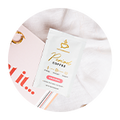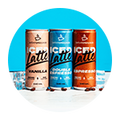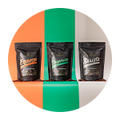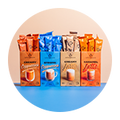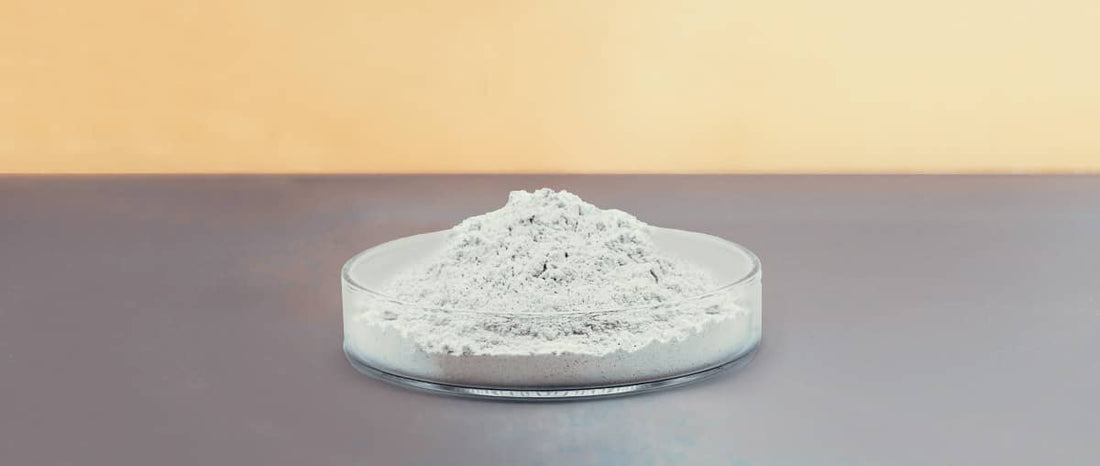When it comes to amino acids, proline isn’t usually the first one that comes to mind—but it probably should be. Found naturally in the body and in protein-rich foods, proline plays a behind-the-scenes role in keeping your skin firm, your joints moving freely, and your tissues resilient. It’s especially important for collagen production—aka the structural framework that holds everything together. Think of proline as the glue that helps your body stay strong, recover faster, and age a little more gracefully.
Let’s break down why this humble amino acid deserves a bit more spotlight.
Supports Collagen Structure
Collagen is the most abundant protein in your body, and proline is one of its key building blocks. Without enough proline, collagen can’t form or function properly. By helping stabilize and strengthen collagen’s triple-helix structure, proline contributes to firm, resilient skin, healthy joints, and strong connective tissue. In short, it’s a structural MVP.
Helps Maintain Healthy Skin and Joints
Because collagen is so critical to skin and joint health, it makes sense that proline plays a supportive role in both. Whether you’re noticing the effects of time or training hard and pushing your body daily, proline helps maintain the tissues that keep you feeling (and looking) your best. Think smooth-moving joints and skin that doesn’t lose its bounce too quickly.
Involved in Tissue Repair Processes
Any time your body goes through stress—be it from a tough workout, an injury, or just everyday wear and tear—tissue repair kicks in. Proline is involved in these repair mechanisms, helping your body rebuild and regenerate damaged tissue. It’s not a magic bullet, but it is a key player in keeping your recovery on track.
Contributes to Connective Tissue Resilience
Connective tissues like tendons, ligaments, and fascia rely on strength and elasticity to do their job. Proline helps provide that durability. Whether you're lifting, running, or simply chasing a busy lifestyle, it supports the kind of resilience your body needs to move well and recover efficiently.
Plays a Role in Wound Healing Pathways
Studies suggest that proline is actively involved in wound healing, especially during the formation of new tissue. This makes sense, given its role in collagen synthesis. While your body naturally ramps up proline production in response to injury, having consistent dietary support can be beneficial—especially if you’re recovering from intense physical activity or minor injuries.
Supports Skin Elasticity and Firmness
Skin elasticity often gets all the glory in the world of beauty, but underneath that glow is structure—and that’s where proline comes in. By supporting collagen and elastin (another structural protein), proline contributes to skin that feels firm, smooth, and resilient over time.
While most known for its structural and skin-supportive roles, proline also contributes to antioxidant activity and cellular stress response. It may help buffer oxidative stress in certain situations, further supporting overall tissue health. It’s not always front and centre, but proline is always working quietly in the background to keep your body functioning at its best.
Proline might not be trending (yet), but it’s definitely one of those ingredients that does the heavy lifting behind the scenes. Whether you're focused on recovery, longevity, or just feeling stronger in your skin, this amino acid is worth keeping on your radar.





